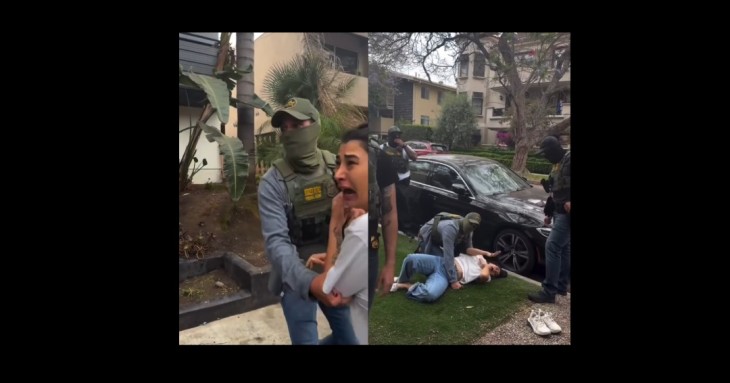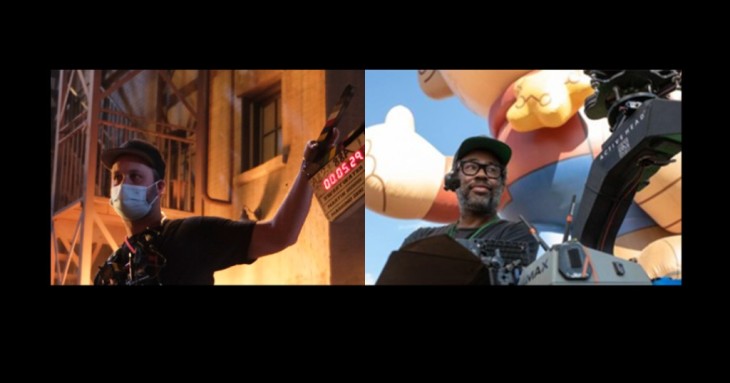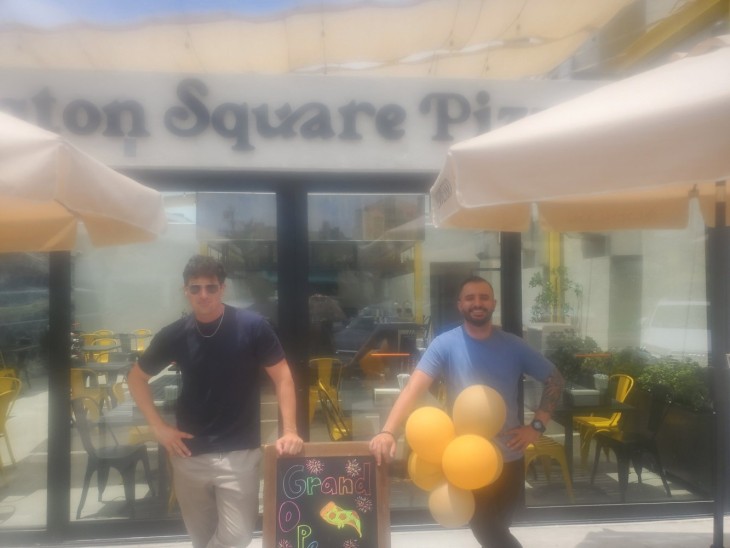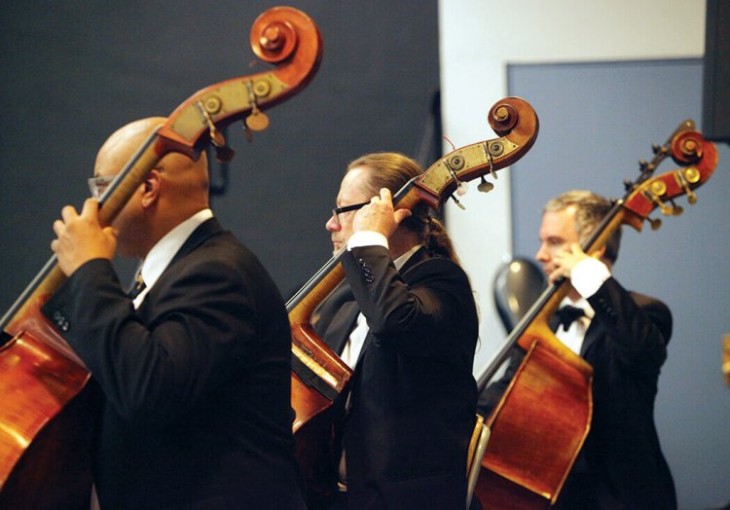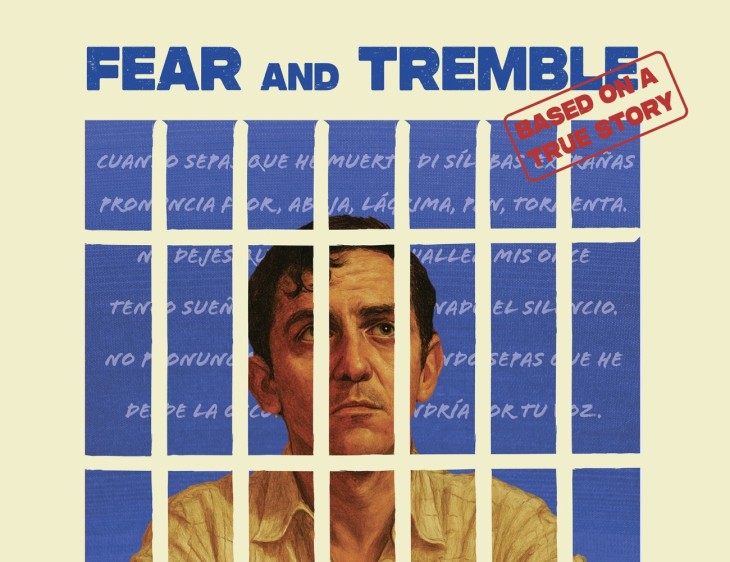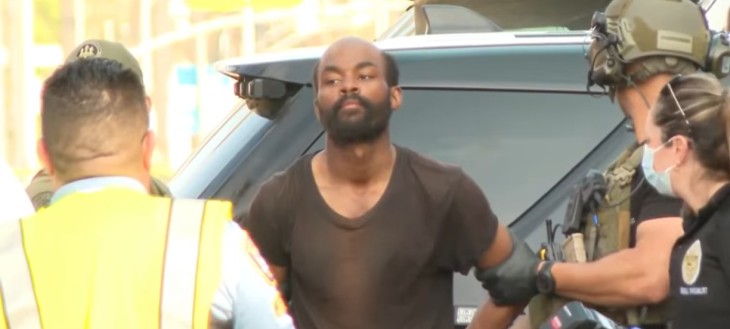A state appeals court panel on Wednesday upheld the second-degree murder conviction of a former Winnetka resident who left a suicide note, drove recklessly along Pacific Coast Highway, crashed his car and killed a 13-year-old Malibu girl.
The three-justice panel from California’s 2nd District Court of Appeal rejected the defense’s contention that jurors were improperly instructed in the trial of Sina Khankhanian, who was convicted of the April 3, 2010, death of Emily Rose Shane.
“From the evidence that defendant was traveling at about 70 mph when he made a deliberate sharp right turn causing his car to drive up the embankment where Emily was walking, it is reasonable to infer that defendant intended to hit Emily as he proceeded towards the pole,” the justices noted in a 14-page ruling, noting that his statements afterward at the scene “all tend to show defendant intended to run Emily over with his car, knowing to a substantial certainty that the force would cause her death.”
But the appellate court panel ruled that Khankhanian — who is serving a 15-year-to-life term for the girl’s death — should be re-sentenced on an enhancement attached to the murder charge.
The weapon enhancement, which involves the use of the car, was run at the same time as the sentence on the murder count. But the justices agreed with the defense that the enhancement — which could add a year to the sentence — must either be imposed consecutively or stricken.
Khankhanian left a suicide note and then drove along Topanga Canyon Boulevard and Pacific Coast Highway for 17 miles as he zigzagged in traffic, passed on the shoulder, passed on the wrong side of the road and forced other drivers into oncoming traffic before crashing into the teenager near Heathercliff Road, Deputy District Attorney Marna Miller said outside court after Khankhanian’s sentencing in June 2012.
The prosecutor noted that there were “numerous near-collisions all along PCH” and that Khankhanian had been “driving so aggressively and erratically and recklessly” when he made a quick right turn that resulted in his Mitsubishi Galant going at such an angle straight off the road and hit the teenager head on.
Khankhanian’s trial attorney, Bradley Brunon, called the case “unique and unusual,” noting that his client had “no criminal history of any kind” and that his client’s actions that day weren’t “the real Mr. Khankhanian.”
Khankhanian’s attorney has said that his client has a “long history of autism,” and that there was “no direct evidence that Mr. Khankhanian intended to lose control of his car” or intentionally kill the teenage girl.
Khankhanian was convicted by the second jury to hear the case against him. The first jury to hear the case failed to reach a unanimous verdict in the case, prompting a mistrial in January 2012.
Khankhanian apologized to the victim’s family just before he was sentenced in June 2012, saying he was “deeply sorry” for the pain and grief he had caused the teenager’s family.
Speaking outside court, the girl’s father said his family would always oppose parole for Khankhanian.
“My daughter died at 13 years old and let’s say she would have lived another 60 years. I want him to spend those 60 years (in prison),” he said.






